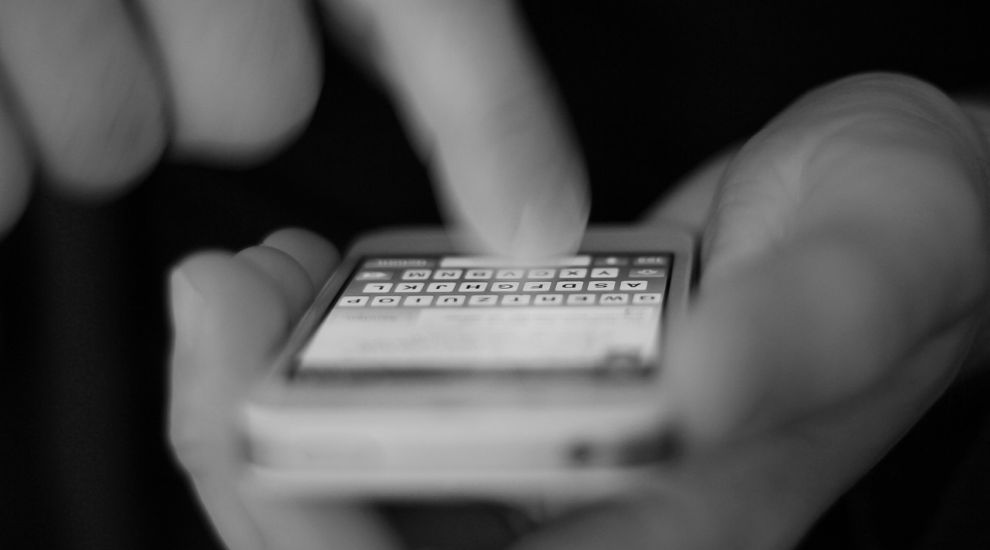


Mobile phones and tablets containing legally privileged material can be seized under police warrants if there is an independent procedure to protect the integrity of such material, the Bailiff has ruled.
In a case held in private in March – details of which remain confidential under a redacted judgment – the Royal Court said it would grant a so-called production order allowing the police, as part of a criminal investigation, to examine mobile devices issued by a company to its employees.
The unnamed company had resisted the application, arguing that such orders should only be used as a last resort, and that the police had not tried to obtain the information directly from the individuals named on the warrant, effectively approaching the company to bypass those individuals. It described the police's approach as "a fishing trip".
Instead, it had offered voluntarily to have the data reviewed by its own legal advisers, and to pass on to investigators material not covered by legal privilege. But the Bailiff Sir Timothy Le Cocq said that, while he recognised the company was acting in good faith, its approach "would be fraught with difficulties".

Pictured: The Royal Court has ruled that mobile devices can be seized under police warrants.
"It would inevitably, so it seems to me, delay the investigation and issues could well frequently arise over the course of the exercise that challenge the judgments made by the company’s legal advisors and lead to further dispute.
"In my view, it is not incumbent upon the SOJP to accept the offer made by the company and I do not think that it is unreasonable for them to refuse to do so," Sir Timothy said.
Instead, the court heard that the devices would be downloaded and copied, and then reviewed by an independent counsel instructed by the Attorney General to remove reference to any matters that might be subject to legal privilege before the remaining information was provided to investigating officers.
The Bailiff noted that the consequences of the order against the company would be that individual employees would have to decide whether they surrendered the devices which they had been given.

Pictured: The Bailiff Sir Timothy Le Cocq presided over the case.
"If they do not, then, without commenting on the contractual consequences for them of a refusal, it may be open to the SOJP to apply for a production order against the individuals themselves. Any grounds for refusal could then be tested and adjudicated upon," he said.
Indicating that he would grant a production order in revised form – removing the names of any individuals who were not past or present employees, or whose devices the company had no control over – the Bailiff said that mobile devices could be the subject of a warrant even if privileged material could be found on them.
"It is permissible...for a production order to refer specifically to devices, and to encompass devices, that may contain material that is subject to [legal privilege], subject to the court being satisfied that the independent counsel procedure is in place.
"[Legal privilege] is, of course, an important protection and any court will be astute to uphold it to its full extent. In my judgment, however, the mechanism set out in the SOJP’s affidavit and explained by counsel for the [SOJP] suffices to protect [privilege] in this case," the Bailiff said.
Comments
Comments on this story express the views of the commentator only, not Bailiwick Publishing. We are unable to guarantee the accuracy of any of those comments.